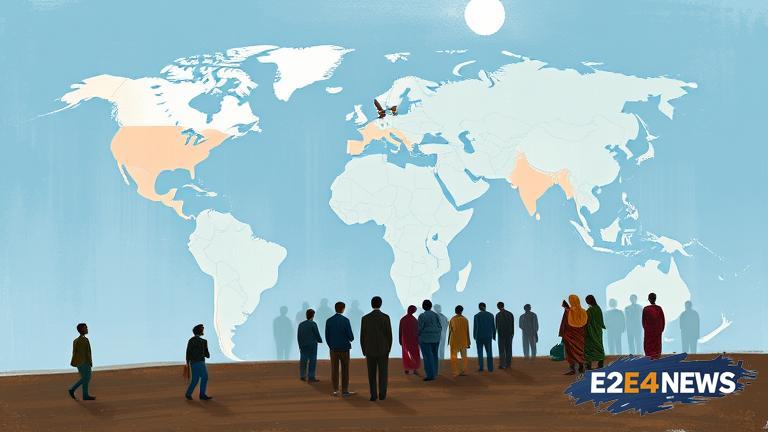The recent international dialogue on the Rohingya crisis has come to a close, with a pressing call to action for the global community to maintain continuous funding to address the humanitarian needs of the affected population. The Rohingya crisis, which began in 2017, has resulted in the displacement of over 700,000 people, with many more affected in the region. The dialogue, attended by representatives from various countries and organizations, highlighted the ongoing challenges faced by the Rohingya people, including limited access to basic necessities like food, water, and healthcare. The discussion also emphasized the importance of ensuring the safety and security of the affected population, particularly women and children, who are often the most vulnerable in such situations. The global community was urged to continue providing funding to support the humanitarian response, with a focus on providing sustainable solutions to the crisis. The dialogue also stressed the need for a comprehensive approach to addressing the root causes of the crisis, including poverty, lack of education, and social inequality. Furthermore, the importance of promoting social cohesion and community engagement was emphasized, in order to foster a sense of belonging and inclusivity among the affected population. The role of local communities and organizations in responding to the crisis was also recognized, with a call for increased support and resources to be provided to these groups. In addition, the dialogue highlighted the need for increased coordination and collaboration among international organizations, governments, and local stakeholders, in order to ensure a unified and effective response to the crisis. The Rohingya crisis has also had a significant impact on the environment, with deforestation and pollution being major concerns. The dialogue emphasized the need for sustainable practices to be implemented, in order to mitigate the environmental impact of the crisis. The global community was also urged to support the development of sustainable infrastructure, including housing, water, and sanitation facilities. Moreover, the importance of providing education and skills training to the affected population was emphasized, in order to promote economic empowerment and self-sufficiency. The dialogue also recognized the need for increased support for mental health and psychosocial services, given the significant trauma and stress experienced by the affected population. In terms of next steps, the dialogue emphasized the need for a clear and coordinated plan of action, with specific goals and objectives to be achieved. The global community was urged to work together to develop a comprehensive and sustainable solution to the crisis, with a focus on promoting the human rights and dignity of the affected population. The dialogue also stressed the importance of ensuring accountability and transparency in the response to the crisis, with a focus on preventing corruption and ensuring that funding is used effectively. Overall, the international dialogue on the Rohingya crisis has highlighted the need for a sustained and coordinated global response, with a focus on providing humanitarian assistance, promoting social cohesion, and addressing the root causes of the crisis. The global community must continue to work together to address this complex and ongoing crisis, with a commitment to promoting the human rights and dignity of the affected population. The dialogue has provided a critical opportunity for stakeholders to come together and discuss the key challenges and opportunities in responding to the crisis, and it is essential that the momentum generated by this event is maintained in the coming months and years. The Rohingya crisis is a complex and multifaceted issue, requiring a comprehensive and sustained response from the global community. By working together and providing continuous funding and support, it is possible to make a meaningful difference in the lives of the affected population and to promote a more peaceful and stable future for all.
